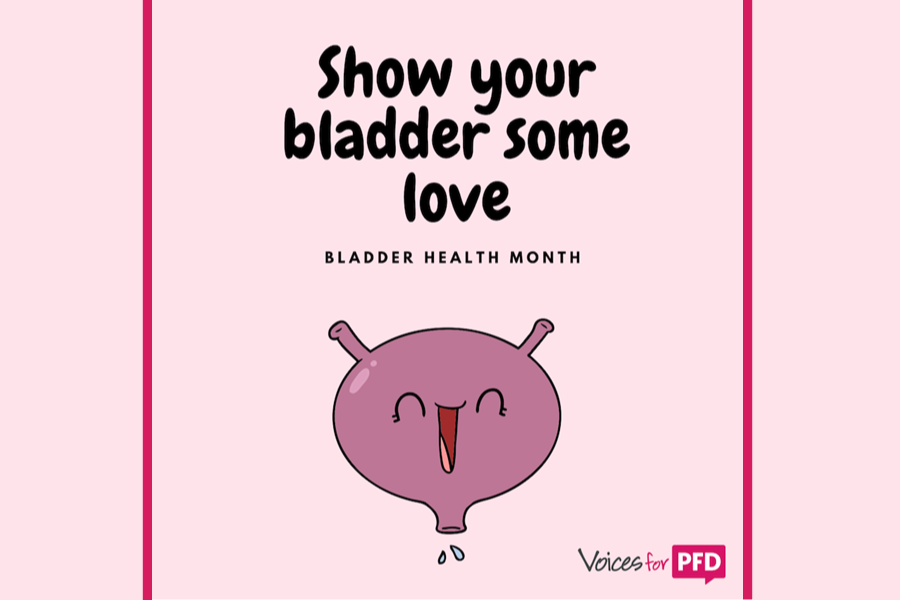November is National Bladder Health Month and we want to bring awareness to this complex condition that 15% of women of all ages suffer from. Overactive Bladder (OAB) or urge incontinence is leakage of urine accompanied by a sensation of the need to urinate, or the impending sense that a large leak is going to happen.
Having an overactive bladder or urinary incontinence isn’t anything anyone should ever feel ashamed of.
- Bladder control problems affect 30-50% of women.
- Stress urinary incontinence (SUI) is loss of urine that occurs at the same time as physical activities that increase abdominal pressure (such as sneezing, coughing, laughing, and exercising).
- Urinary incontinence affects men and women, but it is nearly twice as common in women.
Types of Urinary Incontinence
There are different kinds of urinary incontinence. The most common types of women’s incontinence are stress urinary incontinence (SUI) and urge incontinence, also called overactive bladder (OAB). Many women often have symptoms found in more than one category.
Pregnancy & Incontinence
Pregnancy incontinence is not an official type of incontinence, and incontinence related to pregnancy often resolves in the first few months after delivery. However, urinary incontinence associated with pregnancy may signal the development of more troublesome incontinence in the future.
Treatment
Depending on the symptoms and treatment goals, there may be one or more options for your bladder control problems. Treatment options include lifestyle and behavior changes, pelvic flood muscle exercises, physical therapy, vaginal devices like pessaries, UI medicines, or procedures such as nerve stimulation, Botox and bulking agents, or surgery.
Tips For Prevention
- Manage your daily fluid intake and avoid bladder irritants like coffee, tea, and carbonated drinks.
- Regular exercise is important for maintaining healthy bowel and bladder function. Do kegel exercises to keep your pelvic floor muscles in shape as well.
- Maintain a healthy weight. Overweight women have a great risk of developing incontinence.
- Don’t smoke. Smoking increases your risk of UI.


